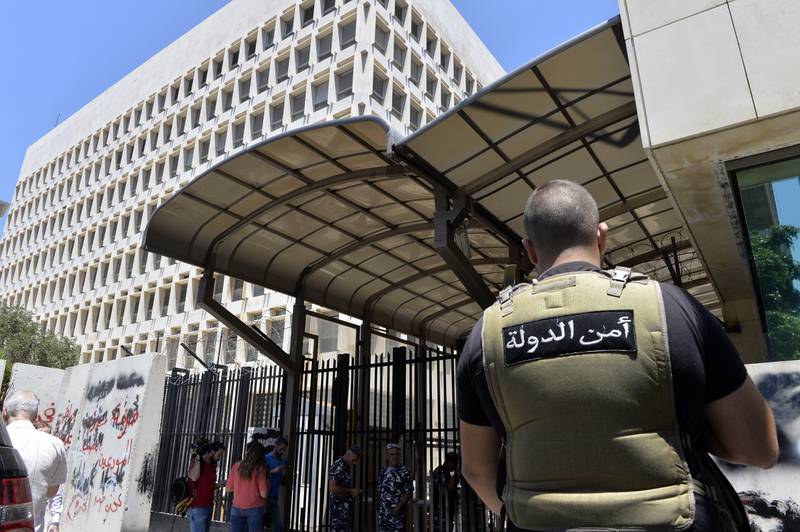
by globeecho.com — He lived 4 years in Beirut before Baghdad requested his arrest The Lebanese security services arrested a relative of the late Iraqi President Saddam Hussein, the young Abdullah Yasser Sabawi al-Hassan, who is the grandson of Sabawi Ibrahim al-Hassan, Saddam Hussein’s half-brother by his mother, based on a memorandum issued by “Interpol” at the request of the Iraqi judicial authorities. Saad Sabawi Ibrahim al-Hassan distributed a video clip on social media, in which he announced the arrest of his nephew Abdullah, and appealed to Arab and international human rights organizations to “intervene to find out his fate,” and said that the security authorities in Lebanon had arrested him since last July.
The Director-General of Lebanese Public Security, Major General Abbas Ibrahim, confirmed, in an interview with the Iraqi news station, that the General Directorate of Public Security “was able to arrest the wanted Iraqi Abdullah Yasser Sabawi al-Hassan, because of his accusation of carrying out criminal operations that claimed the lives of thousands of innocent people, based on an international Interpol memorandum.” It was carried out by the competent Lebanese security services.” It appears that the decision to arrest was not taken by the General Security unilaterally, but rather in implementation of a judicial order. An informed source in the Discriminatory Public Prosecution told Asharq Al-Awsat that the discriminatory Public Prosecutor, Judge Ghassan Oweidat, had received an Iraqi arrest warrant through Interpol requesting the arrest of this person when he was found. He was arrested and informed the Iraqi authorities of the implementation of the warrant and remained in detention for a specified period, then the judge ordered Oweidat to leave him with a residence document, and he was handed over to the Lebanese General Security.
The source admitted that this young man “is under arrest by the General Security pending deportation,” and pointed out that the decision “is in the hands of the Director General of Public Security to take the appropriate action.”



